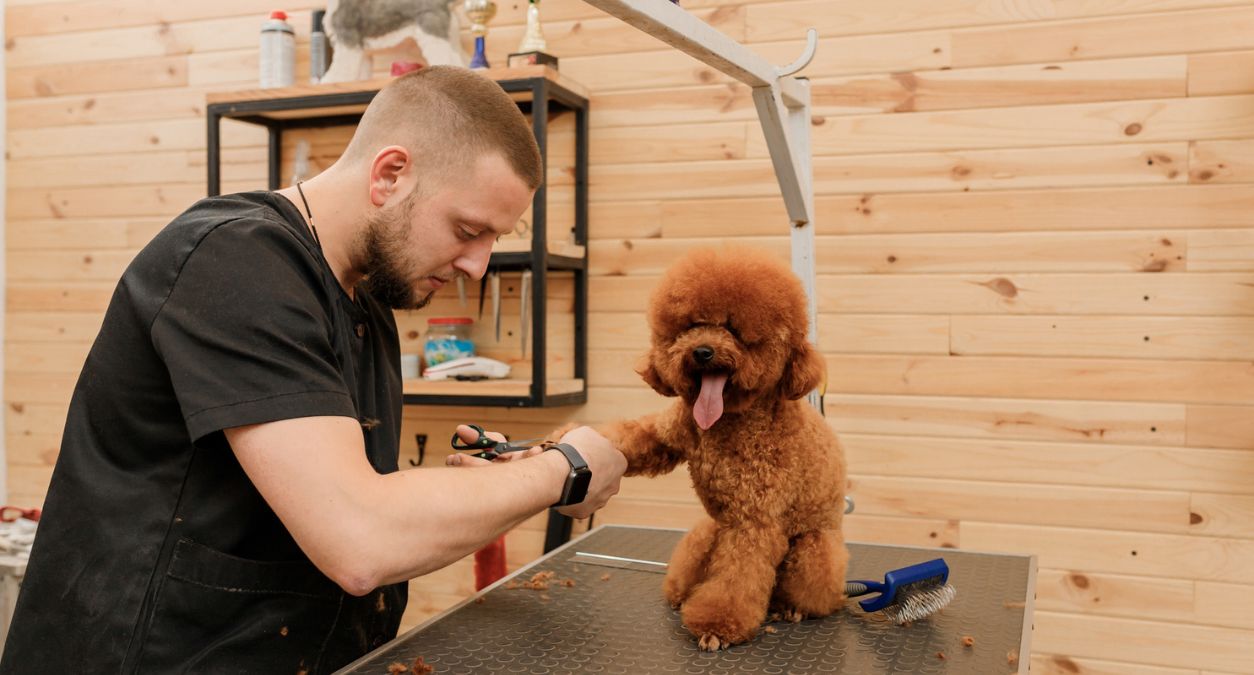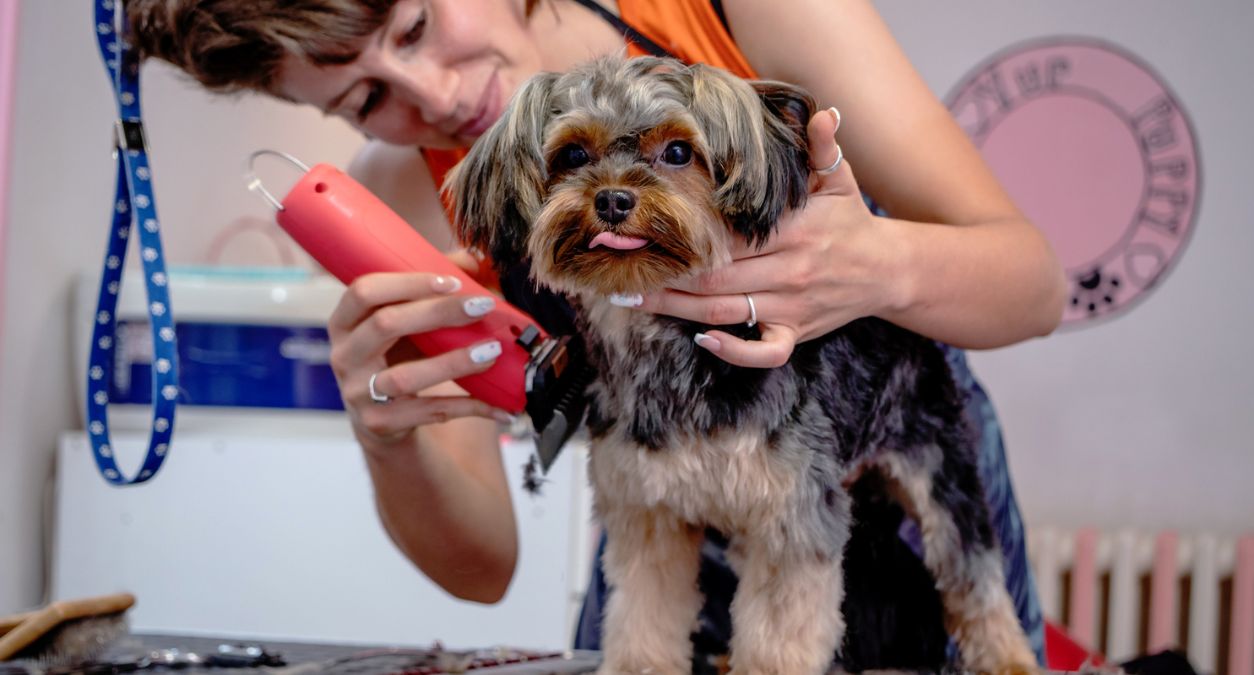You may think that starting out with a sports coaching business just needs some kit, a park and a few willing customers. Well, it’s not quite that simple, but every challenge along the way can be addressed. In particular, you should ensure that these seven areas are covered off:
Qualifications and credentials
Technically speaking, there is no legal requirement to be qualified to operate as a sports coach. However, getting the right credentials is strongly recommended for two reasons: it helps you build a solid reputation and because many insurers won’t cover you without them.
Start by exploring the official qualifications for your chosen sport (the Sport & Recreation Alliance has a list of all the fully accredited bodies). You’ll likely need at least Level 2 to run coaching sessions yourself, and Level 3 if dealing with serious competitive athletes. Also, don’t forget to find out if you need a DBS check, which is very likely if you intend to coach children.
Business model
Before you start, you should work out exactly what you want to do with the business, and that involves asking yourself a lot of questions. Which sport (or sports) do you want to coach? Are you coaching by yourself, or will you hire other coaches? Will you be coaching adults, children or both? Where will you provide your coaching? What is your ultimate long-term aim, either financially or in terms of your own personal achievement? Answering these questions can help you establish a solid business model, and market research can help you work out how viable it’s likely to be.
Initial budget
With that business model in place, you can then assess the level of investment you need to get up and running. You’ll need appropriate kit and equipment to run sessions, especially for sports where your customers may not be able to keep or bring their own. You’ll need to fund associated costs like insurance (more on that later), work out how you’ll manage with transport of yourself and your equipment, and predict venue hire costs (such as a football pitch if you’re a football coach).
Accounting and legal considerations
As with any business, there are certain regulatory and financial requirements you’ll need to comply with. First of all, you should have a business bank account that keeps income and expenditure separate from your own finances, and you should keep fully up-to-date with financial records at all times. You will also need to register either as a sole trader or a limited company with Companies House and submit tax returns (and pay taxes) to HMRC each year. If you don’t feel confident enough to look after these matters, look at hiring the services of a professional accountant to do it for you.
Marketing and advertising
There’s plenty to consider in how you present your business and how you get yourself noticed by potential customers. You’ll need a name for your business, and some corporate branding (many small creative agencies specialise in this work for small businesses). With this in place, you can then develop a website and social media channels to gain interest and consider appealing and regular content that will gain views: writing a blog on your website and promoting it via social media is a good place to start.
Client referrals
Given that there are so many sports coaching businesses vying for attention through advertising and social media, you shouldn’t neglect more traditional ways of marketing like word-of-mouth. Getting a recommendation from a friend, relative or colleague is still hugely powerful in convincing a prospective customer to look at a business, so it remains a great way to expand your customer base. Offering referral discounts to existing customers can encourage them to proactively spread the word and get your name out there in the community.
Insurance
One thing that you absolutely mustn’t overlook for your sports coaching business is insurance. That’s because you never know what might happen next and what you might have to deal with: an accident or injury that sidelines you for a period of time; equipment that’s lost, damaged or stolen; or even an incident involving one of your customers that results in them lodging a compensation claim against you. A comprehensive insurance policy takes care of every eventuality, protecting you against potential financial loss or business disruption.










